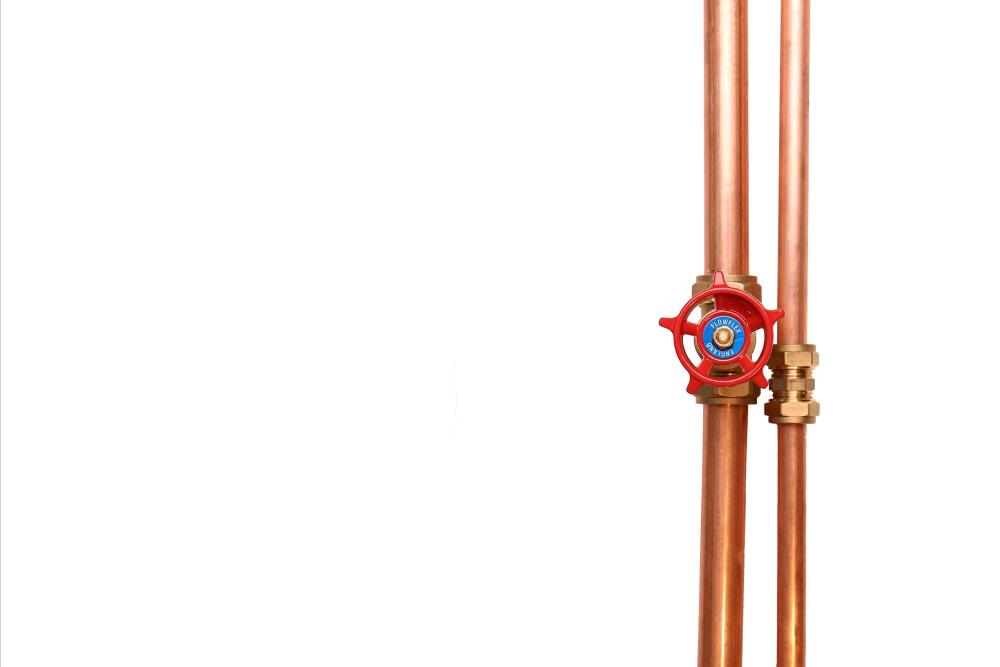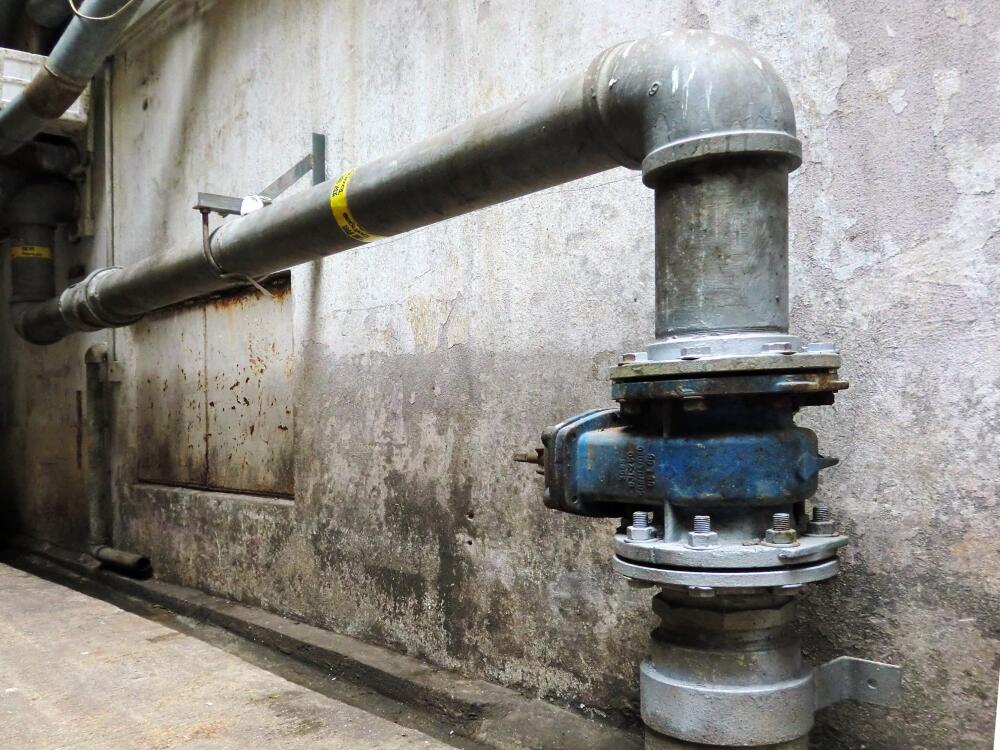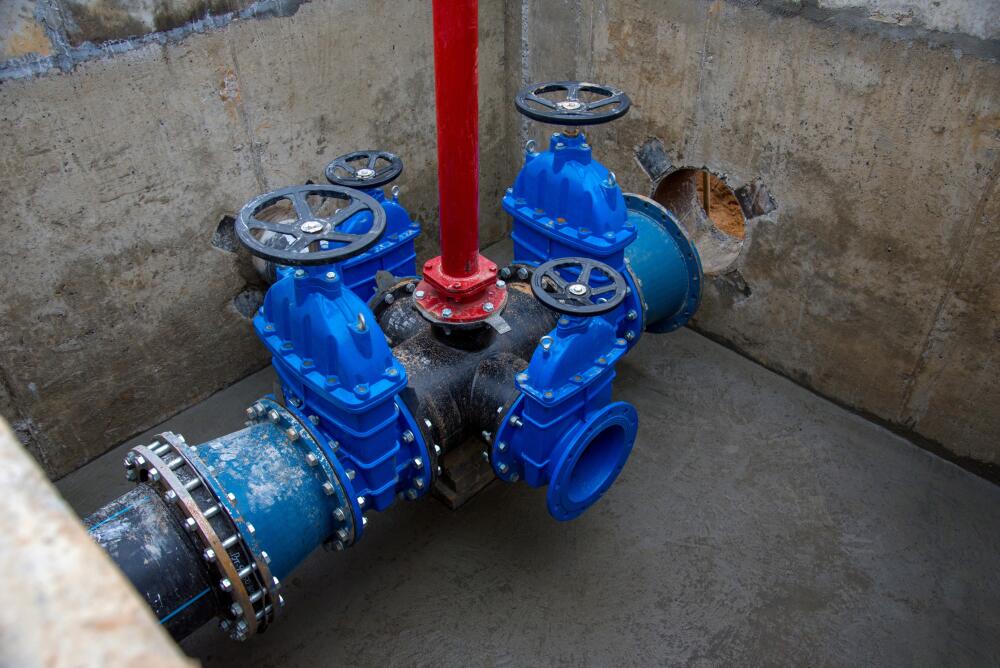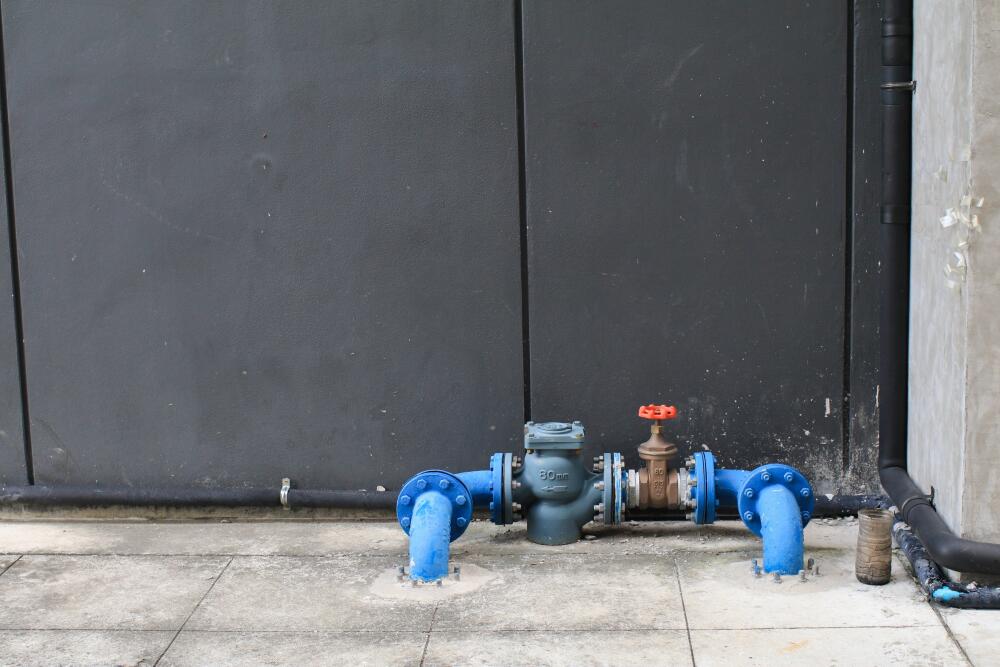Selecting the Right Material for Your Gate Valve
Choose the right gate valve material for optimal performance and durability. Learn how to select the best option for your specific application.
Last Updated: Sep 9, 2024
Gate valves are essential for controlling fluid flow in various industries, including water supply, oil and gas, pharmaceuticals, and manufacturing. Choosing the right material for your gate valve is crucial for ensuring optimal performance, durability, and compatibility with your specific application.
This guide explores the most common materials used in gate valve construction, highlighting their properties, advantages, and best-use scenarios. By understanding these factors, you can make informed decisions when selecting the ideal gate valve material for your needs.

Gate Valves
Why Material Selection Matters
Selecting the appropriate material for a gate valve is vital for reliable operation, longevity, and safety. The chosen material must be compatible with the valve’s environment, including pressure, temperature, and the nature of the fluid. Additionally, manufacturing capabilities, regulatory requirements, and cost considerations play a role in determining the best material.
Using the wrong material can lead to valve failure, leaks, and costly downtime, underscoring the need for careful material selection. Key factors to consider include:
Fluid & Environmental Compatibility: The material must withstand exposure to the fluid being transported and the external environment, particularly in corrosive settings.
Strength and Durability: Durable materials reduce maintenance needs and enhance valve lifespan, ensuring system reliability.
Compatibility Between Components: The material chosen must be compatible other system components in terms of connectivity but also to reduce the risk of component wear or failure due to other issues such as galvanic corrosion.
Manufacturing Capability: Manufacturing limitations, such as the size of the valve, the ability to cast, machine, or forge specific materials, can influence which material is chosen for a valve to ensure efficient production and availability.
Cost-effectiveness: Material selection and the manufacturing process directly impacts the overall cost of the valve. While some materials like stainless steel can be more expensive, they may offer greater long-term savings through enhanced performance and reduced maintenance.
Safety and Regulatory Compliance: Regulatory requirements may dictate the use of specific materials for safety and performance, especially in critical applications.
Common Materials for Gate Valves
As discussed, gate valves are manufactured from various materials, each offering unique benefits and limitations. Here are some of the most widely used materials:
Cast Iron Gate Valves

Cast iron is a popular choice of material for gate valves due to its excellent durability and lower cost. It’s primarily used for low-temperature, low-pressure applications. They are generally used where large-scale fluid control is needed and the fluid being managed is not corrosive.
Typical Applications
Municipal Water Supply and Sewage Systems
Large Diameter Plumbing and HVAC
Fire Protection Systems
Industrial Applications with Large-Diameter Pipelines
Advantages
Strong and durable.
Cost-effective compared to other materials.
Ideal for non-corrosive environments.
Limitations
Susceptible to corrosion, especially in environments with high moisture or acidic conditions.
Brittle and can fracture under heavy mechanical stress.
Ductile Iron Gate Valves

Ductile iron, improves upon traditional cast iron by adding elements that enhance flexibility, strength and corrosion resistance. This makes ductile iron a superior choice for applications where cast iron may crack under stress.
Ductile Iron Valves are also generally coated in an Epoxy paint, which give them their distinctive blue look. This acts as an additional effective barrier against corrosion.
Typical Applications
Municipal Water Supply and Sewage Systems
Large Diameter Plumbing and HVAC
Oil and Gas
Fire Protection Systems
Industrial Applications with Large-Diameter Pipelines
Advantages
Greater strength and flexibility compared to cast iron.
Can handle higher pressures and mechanical stress.
More resistant to impact and strain.
Limitations
Generally more expensive than cast iron due to its complex composition and enhanced properties.
Stainless Steel Gate Valves
Stainless steel is a highly durable, corrosion-resistant material, making it ideal for harsh environments with corrosive fluids, extreme temperatures, and high pressures. It is well-suited for industrial applications involving aggressive chemicals and various fluids. Its non-reactive nature also makes stainless steel perfect for settings that demand high levels of cleanliness, such as food processing and pharmaceutical industries.
Typical Applications
Petrochemical Industries
Pharmaceutical
Food Processing
High-Temperature and High-Pressure Environments
Advantages
Exceptional corrosion resistance.
Handles high temperatures and pressures.
Long-lasting and low-maintenance.
Limitations
Higher initial cost compared to other materials.
Heavier than some alternative materials, which may affect installation in certain applications.
Bronze Gate Valves
Bronze is an alloy primarily composed of copper, tin, and lead, with possible additions like aluminium, manganese, or nickel to enhance its properties. Due to its high lead content, bronze is generally not chosen for drinking water applications, depending on your national standards. However, it is widely used in marine and industrial environments because of its excellent corrosion resistance, particularly against seawater.
Typical Applications
Marine Environments
Industrial Processes Involving Corrosive Fluids
Steam and Gas
Advantages
High resistance to saltwater and other corrosive environments.
Strong and durable under harsh conditions.
Good thermal conductivity and low friction.
Limitations
More expensive than cast iron and brass.
Heavier than other materials, which may require additional support in some installations.
Brass Gate Valves

Brass, an alloy of copper and zinc, is valued for its excellent corrosion resistance, ease of manufacturing, and good thermal conductivity. It is often used in water-related applications where durability and reliability are needed without excessive cost.
Typical Applications
Plumbing and HVAC
Central Heating Systems
Low-Pressure Air Systems
Advantages
Cost-effective and readily available.
Easy to machine and fabricate into various valve designs.
Excellent corrosion resistance in normal environments.
Limitations
Less durable than stainless steel or bronze in highly abrasive or corrosive conditions.
How to Choose the Right Gate Valve Material
Selecting the appropriate gate valve material requires a careful assessment of the operational environment and the specific requirements of the application. Consider the following factors:
Corrosive Environment: For applications involving corrosive fluids or gases, choose materials like stainless steel or bronze that offer superior resistance.
Mechanical Stress: For high-impact or high-demand settings, opt for ductile iron or stainless steel, which provide enhanced durability.
Budget Constraints: Balance material benefits with cost considerations. Cast iron and brass offer cost-effective solutions for less demanding environments.
Operating Pressure and Temperature: Whilst materials can have a hand in whether a valve can withstand high pressure environments, it is better to follow industry standards or manufacturer specifications for this advice.
Regulatory Compliance: Ensure the material meets any industry-specific standards or regulatory requirements for safety and performance.
Conclusion
Selecting the right material for your gate valve is a critical decision that directly impacts performance, durability, and system reliability. By understanding the strengths and limitations of each material, you can make informed choices that best suit your specific needs and operating conditions. This careful selection process helps ensure the long-term success and efficiency of your fluid control systems.

Gate Valves
Related Articles
Any Questions?
Our team is available for you anytime.